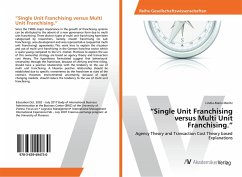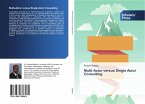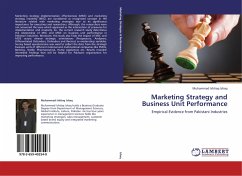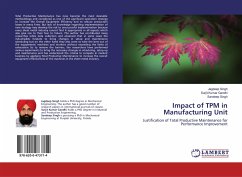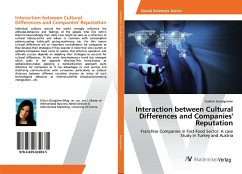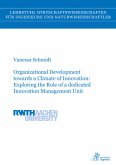Since the 1980s major importance in the growth of franchising systems can be attributed to the advent of a new governance form due to multi unit franchising. Three distinct types of multi unit franchising have been categorised by researchers, namely, master franchising (or sub franchising), area development and area representative (sequential multi unit franchising) agreements. This work tries to explain the situation and use of multi unit franchising in the German franchise sector which is quite young compared to the U.S. market. Premises to explain the use of this ownership strategy are based on agency theory and transaction cost theory. The hypotheses formulated suggest that behavioural uncertainty through the franchisee, because of shirking and free riding, should have a positive relationship with the tendency to the use of multi unit franchising. A likewise positive relationship should be established due to specific investments by the franchisee at start of the contract. However, environmental uncertainty, because of rapid changing markets, should reduce the tendency to the use of multi unit franchising.

